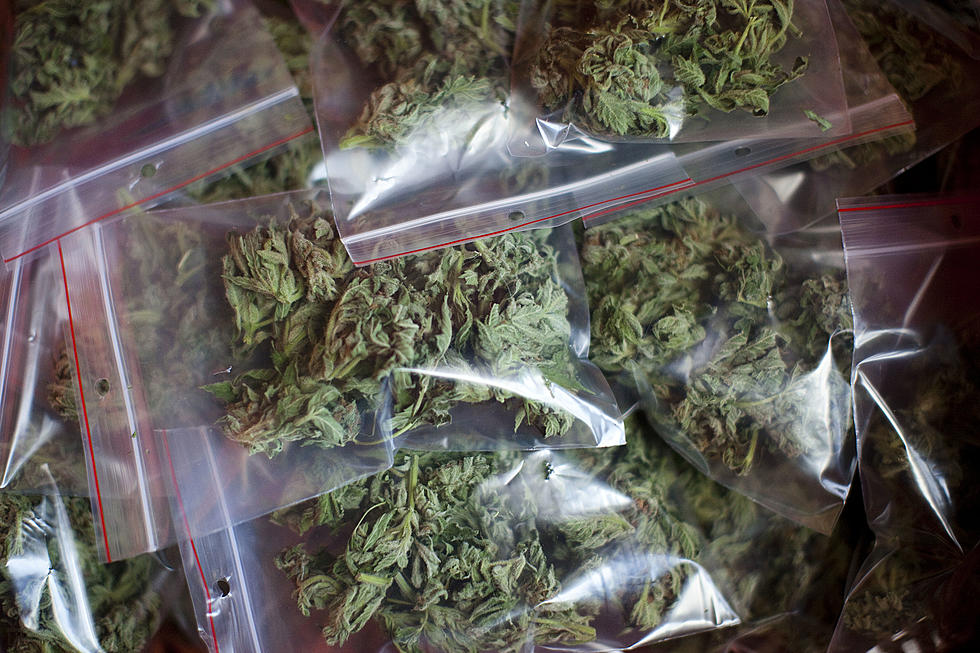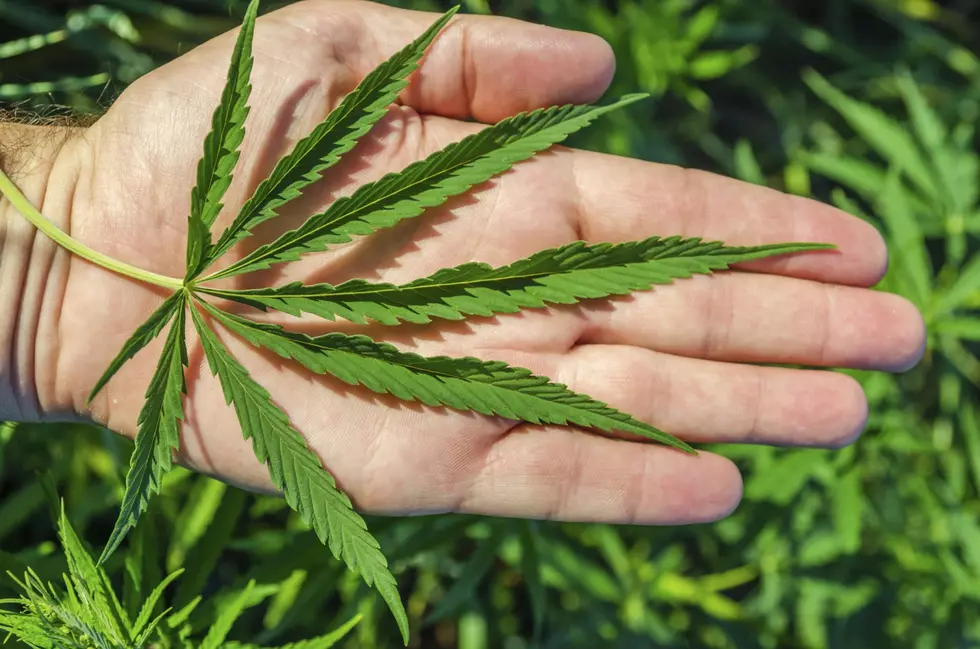
Be Aware Handling & Feeding Wildlife is Illegal
If you spend anytime outdoors this time of year you'll notice that there's newborn wildlife all around us. Colorado Parks & Wildlife wants to remind you to respect these baby animals and don't feed or handle them, not only is it dangerous for the animal it's illegal!
Newborn wildlife can be found all through the state during spring and early summer from baby birds, to deer, elk, antelope and more!
CPW encourages you to get your family outdoors to enjoy this special time of year, but if you're out hiking and happen to come across a baby animal to,
refrain from touching or approaching the newborns, so that they have a chance to thrive in their natural habitat., saying, "Often times, well-meaning people try to provide assistance where, in most cases, none is needed.
According to CPW people sometimes attribute human qualities to animals and try "help" young animals that appear to be abandoned. However, they want to remind you that some animals like, calves and fawns, young raccoons, rabbits and many other species are deliberately left alone by their mothers because in the first few days of their lives, they are not mobile enough to travel.
As a matter of fact deer fawns and elk calves are born with no scent, a kind of natural camouflage!
If you do find a baby animal you think has been abandoned CPW recommends leaving them alone for at least 12 hours before calling, unless you are absolutely sure the parent animal is dead.
In most cases the animals mother is nearby returning to feed it, and if you attempt to, it could cause the baby illness or disease. It can also condition animals to see humans as a source of food.
Remember wildlife can carry diseases that can lead to human illness or serious injuries from scratches and bites, but it's not only dangerous, it's illegal, people that attempt to rehabilitate animals without authorization face HUGE fines!
This rule does not apply however to baby birds, CPW says,
Despite the myth that a mother bird will abandon its young chick if it is touched by a human, they recommend making an effort to return a baby bird that has fallen from its nest. Even if a person can only place the fallen chick near its nest, the mother will hear its cries and continue to feed it.
You can also place the young bird in a box lined with paper towels or dryer lint, but do not use grass because the moisture content in grass will lower the bird's body temperature too much.
Finally remember to keeping your pets restrained as much as possible while hiking or enjoying the outdoors to keep them safe & protect newborn wildlife.
More From 99.9 KEKB - Grand Junction's Favorite Country





![How Innocent or Illegal are you? [POLL]](http://townsquare.media/site/507/files/2015/08/GettyImages-463571000.jpg?w=980&q=75)



